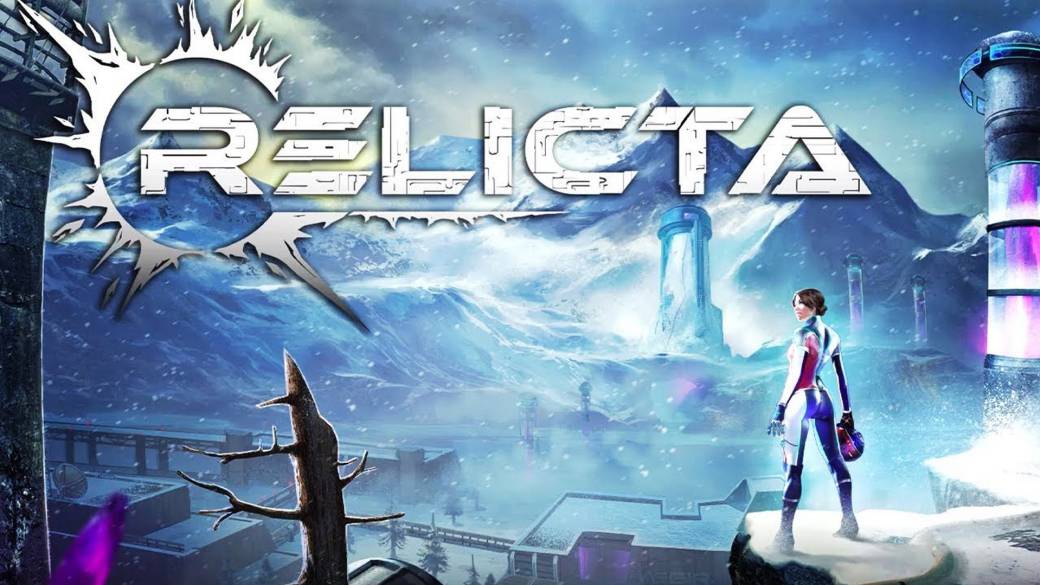
The Valencian studio publishes its first video game on PlayStation 4, Xbox One, PC and Google Stadia, by Koch Media.
At Chandra’s lunar base, a lonely place and repository of science, secrets can save lives. The protagonist, a scientist who studies a strange material with magnetic and gravitational properties, is in need of discovering its mysteries to save the life of her daughter … or even forever change the fate of humanity. Relicta, from the Valencian indie studio Mighty Polygon, is a physics-based first-person puzzle game for solving them. It has been compared to titles like Portal, but its gameplay is based on broader environments and less content.
In times of the coronavirus, the interview with Santi Álex Mañas, producer, programmer and founder of the studio, occurs through the network. We do not see each other face to face, but the voices are heard through the computer, sometimes with the occasional interference. The objective is to get closer to Relicta and other aspects related to his video game, which, like the boxes that fly over his puzzles, has already landed on PlayStation 4, Xbox One, PC and Google Stadia.
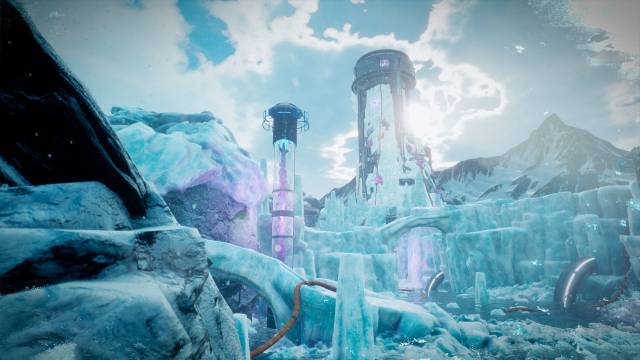
Relicta, the science of puzzles
Question. Mighty Polygon was established in 2015. How did you start your journey in the video game industry?
Reply. Before we worked in other companies, some in video games; others making applications. In my case I also experimented with augmented reality for a while. We finished a project in which the budget was exhausted, it did not finish well and we decided to try our luck with something else. Without knowing very well how this was going, but knowing the technical part, we tried to create a project that was feasible within the market. Initially we were three people, then we took the room (two programmers and two artists in total) and we were testing to determine what could fit with our resources. In the end, as usual, a snowball is generated, you do more things and you manage to get a product that has taken a few years, but is already here.
Q. Initially you worked on a project known as Pine Away. Is it the seed of what is now Relicta?
A. During the development of Pine Away there came a time when we saw that we could not continue, that it did not fit in the market, so it was canceled. In fact, there was a break in between. When we resumed the activity we took the parts that we thought could work, which in this case was the puzzle design. We expand that idea.
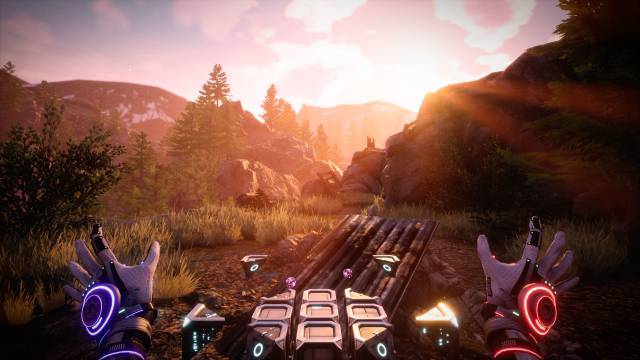
Q. It is often said that indie studios think only of the product, but forget about marketing and communication. In what way did you propose it?
R. The same thing happened to us. We knew it was important, but we started designing the product. What we were clear about is that our best option was to find a partner who was an expert in this and who would lend us a hand. We found Koch Media, who has helped us a lot with it. 4 or 5 months ago we caught someone specialized who is only dedicated to communication: Social Media Manager, social networks, a little of everything.
Q. When you contacted Kock Media, they encouraged you to launch the game on various platforms. How was that process with such a small team?
A. From the beginning we have always liked bringing it to consoles, so we proposed it for PC and possibly for PS4 and Xbox One. They wanted our launch to be at the same time on all platforms. We got to it, although it was difficult, because we are only five people. The point is that halfway through development, suddenly, we had the opportunity to do it for Google Stadia, an opportunity for visibility on a platform that was just starting. We have managed to get it out in four systems with a very small team, we are quite happy with how the work turned out.
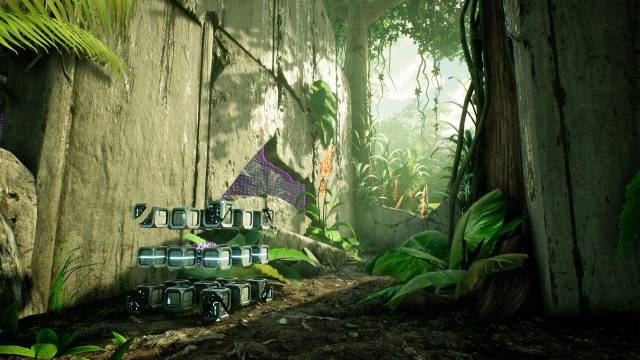
Q. What was the experience of working for Google Stadia like?
In the event of any problem, we always contacted a technician of yours. You send an email and it would solve things right away. They answered the following day at the latest due to the time difference (the technicians are in California).
P. That your first film comes dubbed into English is a declaration of intent towards the international market. You have released the game with subtitles in 12 languages. How has that process gone?
A. The cost of dubbing is quite expensive, so we had to choose the language that best served us for the international market, in this case English. We contacted a company from England that is dedicated to making dubbing for both small and very large projects. We knew that the rest of the languages were important, so we tried to analyze the market. This issue [el de la localización] It is carried by our publisher. We did speak with part of the localization team, but not directly with the translators, we functioned as a bridge. Anyway, we have always been close to see if there was a problem.
Q. How have you coped with the coronavirus crisis? Has it affected Relicta?
R. Not us too. When we started the project we worked remotely from home, so we were used to it. Likewise 50% or 60% of the project was done remotely. When the virus caught us, we were in the office, but since we had practice and knew how to do it, we took the team home and continued working as before, with a little delay due to the situation, especially due to the issue of consoles.
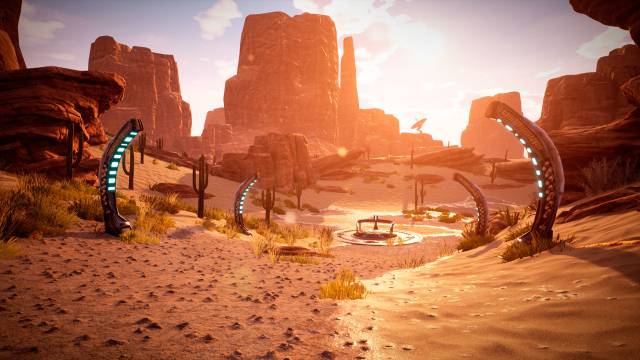
P. You define yourself as a study that bets on narrative and good mechanics. Do you think you have achieved your goal with Relicta?
A. I think so. Within our limitations, we have tried to make the game fun to play and for everyone (starting with the difficulty curve). We try to make the players have fun. In the narrative part, we have looked for the same thing, that has a story interesting enough for people to want to play.
Q. Why did you go for a playable base based on gravity puzzles? The science fiction setting fits quite well with that idea.
A. It was a topic of interaction on design. That is, when we decided that we wanted to make a puzzle game, we were testing mechanics and choosing or discarding the elements that worked and did not work. First there was magnetism, but there came a time when we carried out experiments that were a little random and thought about gravity. We tested it and saw that it fit, that synergies were produced between the two mechanics. The surprise point we have reached is what we think the players are going to like, the fact that we can find a different way to solve the puzzles.
P. First person, gloves, gravity, puzzles … Sounds like the perfect formula for virtual reality. Have you thought about it?
A. The problem is the issue of performance and gameplay. In such a dynamic game, moving around boxes, jumping, etc. it doesn’t quite fit. A specific approach would have to be made, but at that time we do not have the time or the resources to do it. If the game is successful enough, we still look at it.

